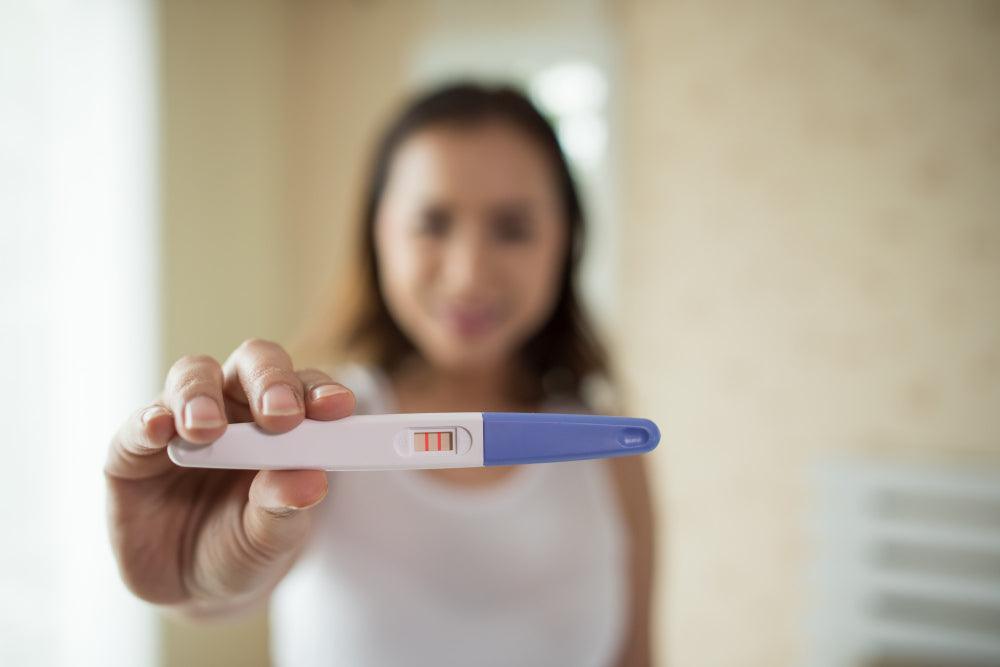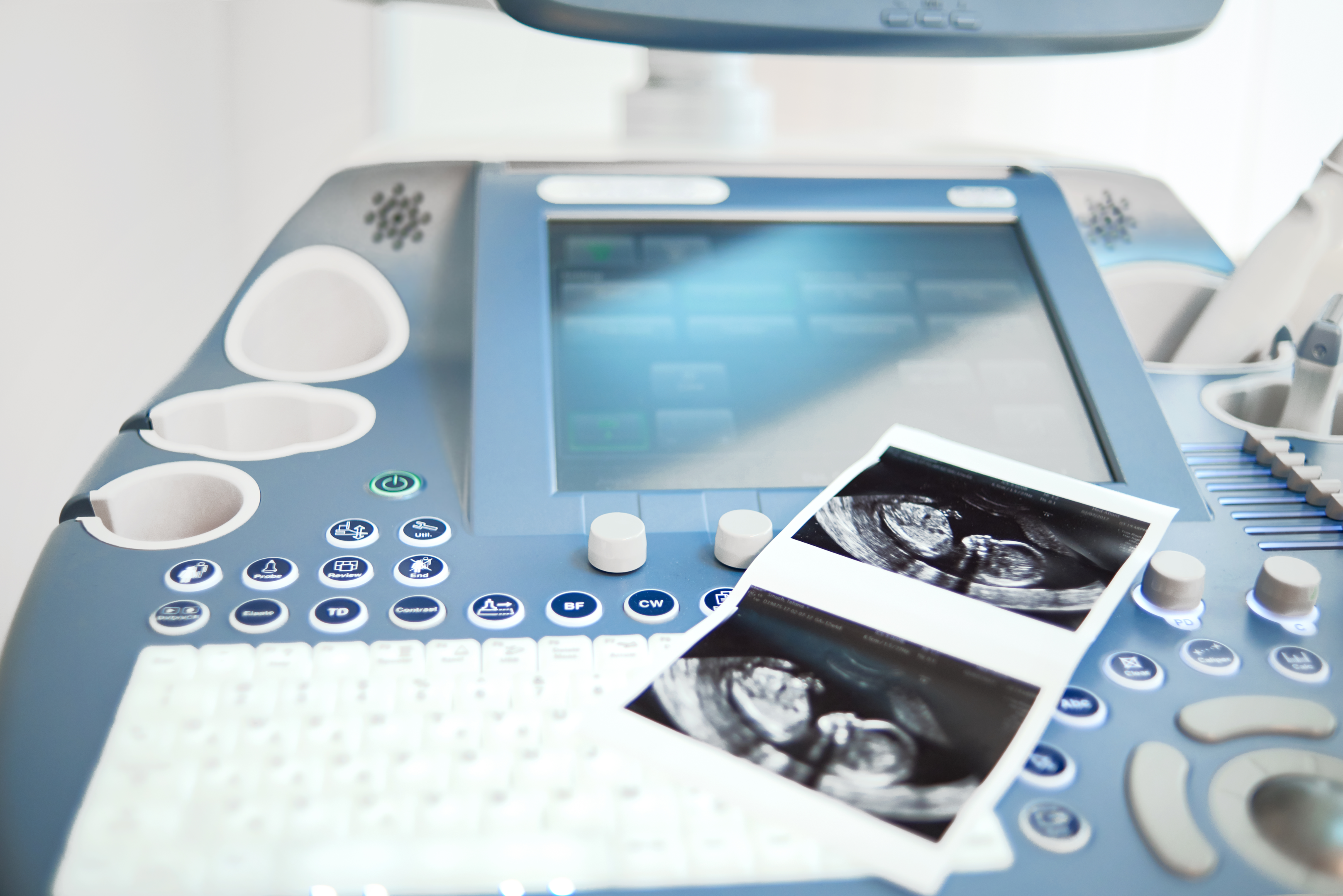Things Not to Do If You're Trying to Get Pregnant



The journey towards becoming a mother can be exciting. Preparations usually refer to the material things parents must be ready to provide as the arrival of their little one is approaching. But as equally important as those comfy clothes, colourful toys, and tidy essentials, soon-to-be moms - and dads - should check on their capability to get pregnant in the first place. Here, we list the things you should AVOID if you're trying to get pregnant. Some may be common knowledge, and others may be a little surprising.
Body mass index (BMI) defines a healthy weight as a BMI between 20 and 25. Both underweight (BMI of less than 19) and overweight (BMI of over 25) women can take longer to get pregnant since they have lower fertility. Attaining a healthy weight through a balanced diet and regular exercise may help you with this problem. Men are also likely to have reduced fertility if they have a BMI of 30 or above.
Vigorous exercise is not a good idea as it might bring on hormone changes that come with an increased risk for your ovaries to produce eggs. Intense running, aerobics, swimming, or biking are among the strenuous activities that can make it harder to get pregnant despite your healthy weight. Moderate exercise is enough if you are overweight and are trying to lose some pounds in preparation for becoming pregnant.
Regular drinking of alcohol above recommended levels is linked to reduced male and female fertility. Alcohol, even in moderate amounts, during pregnancy gives a higher risk of complications, especially during the first trimester when the baby's developing brain is fragile. You will not know when you are pregnant. Therefore, the safest thing is to stop drinking alcohol or not drink alcohol of any amount if you're actively trying to get pregnant.
While some studies claim caffeine can impair fertility and affect pregnancy and others don't, it's best to stay safe. Men and women should limit their daily caffeine intake to 200 milligrams (about two 6-ounce cups of coffee). Chocolate, sodas, energy drinks, and some cold and pain medications also have caffeine. Thus, it would be best if you took those wanting to get pregnant with caution.
Smoking also dramatically reduces your chances of getting pregnant and increases your chance of miscarriage. Continued smoking during pregnancy can also harm the developing baby. Men should also stop smoking if they want their partners to get pregnant as smoking can lower their sperm count and making the sperm move slower.
Daily prenatal vitamin intake of 400 micrograms of folic acid is just as practical in wanting to get pregnant and helping prevent congenital disabilities called neural tube defects. However, handfuls of megavitamins or supplements are not helpful if you are trying to conceive. Too much vitamin A, for example, is linked to problems in a growing baby.
Non-prescription recreational drugs such as cannabis and cocaine can contribute to fertility problems in both men and women. Illegal drugs can also cause serious pregnancy complications. For some people, it can be challenging to stop using drugs, and they might consider counselling and treatment options.
A healthy pregnancy requires up-to-date vaccines such as the MMR vaccination against
Measles (German measles)
Mumps
Rubella
A woman may avail of vaccines against these diseases a month before trying to conceive as such diseases can cause health issues to the baby if you get them while pregnant.
Good nutrition is a key to fertility which you can attain via a healthy diet. You may also need to avoid foods that may affect fertility, such as:
red and processed meats
ultra-processed carbs
packaged foods or processed foods and foods that are high in trans fats and sugar
baked goods
sugar-sweetened beverages
certain dairy products
It is essential to remain physically active so that your body is in good shape for pregnancy. Also so that you have plenty of energy and stamina for labour and for postnatal childcare. You should also be conscious of what you are eating. Eating foods that contribute to a healthy pregnancy, like dark green leafy vegetables, peas, and oranges, is vital during conception and early pregnancy as they contain folate. Whole grains, protein-rich foods, and fruit juice are also helpful. Stay away from stress, get enough sleep, and have a relaxed daily life. Your overall health tells a lot about your pregnancy; taking care of yourself and staying healthy is essential.

Getting into a pregnancy may happen immediately or may not. Health problems may make conceiving difficult and give you worry about fertility. Tell your healthcare professional if this is the case, and they will organize a test. The results of the tests will suggest a suitable method of treatment which could be:
a course of medication to stimulate ovulation
sperm or egg donation
intrauterine insemination (IUI)
in vitro fertilization (IVF)
To take a Female Fertility Test, click here.
Or to order an IVF blood test, click here.
There are many possible reasons why you aren't conceiving, such as:
not trying long enough
ovulation disorders often characterized by irregular periods or menstrual cycle
male infertility
age-related infertility
blocked fallopian tubes
endometriosis
other medical conditions, including undiagnosed sexually transmitted infections
not seeking fertility treatment or optimizing natural fertility
Trying to get pregnant can be difficult for various reasons. Adjusting your lifestyle and learning more about fertility may help you on your journey to pregnancy.
Learn more about general women's health hub by clicking here.
To view our page on women's fertility, click here.
Or to take one of our Pregnancy Tests, click here.








Plus get the inside scoop on our latest content and updates in our monthly newsletter.